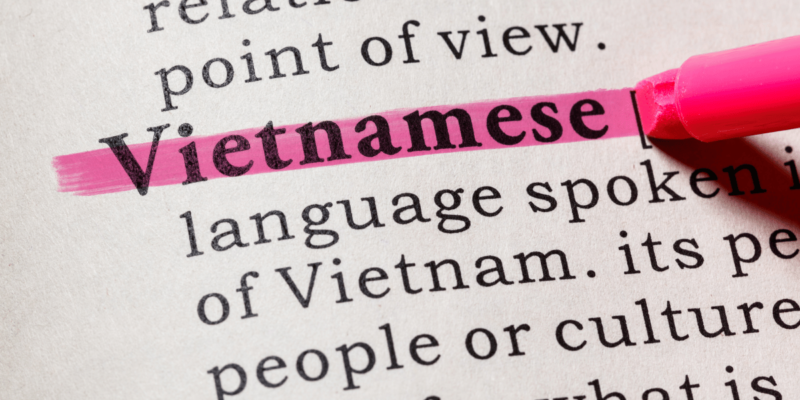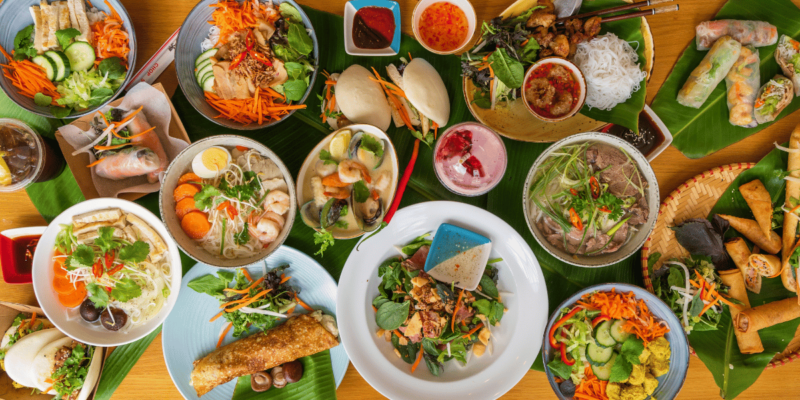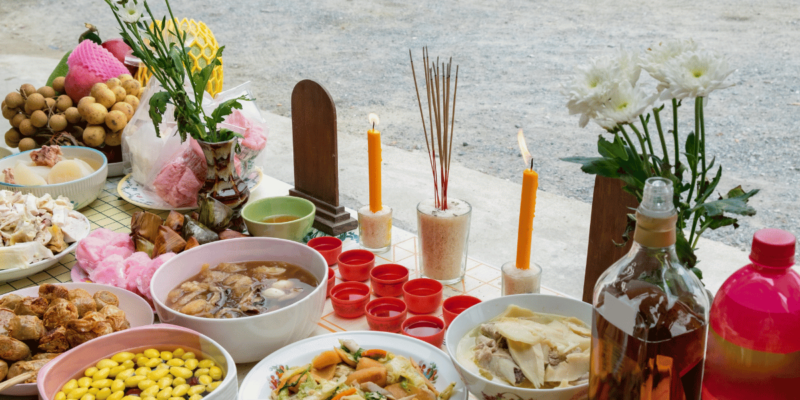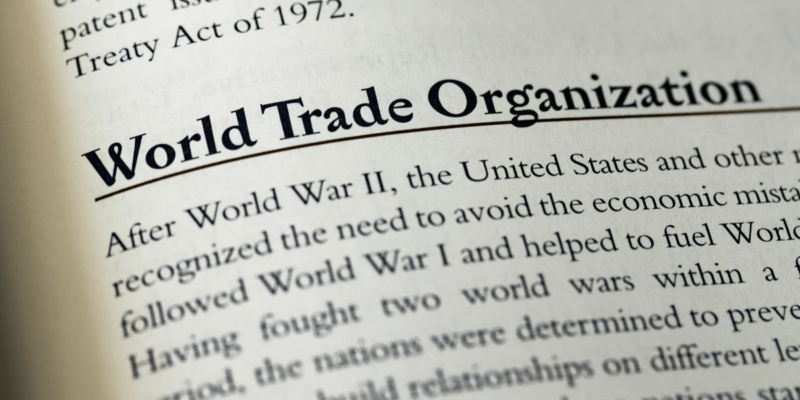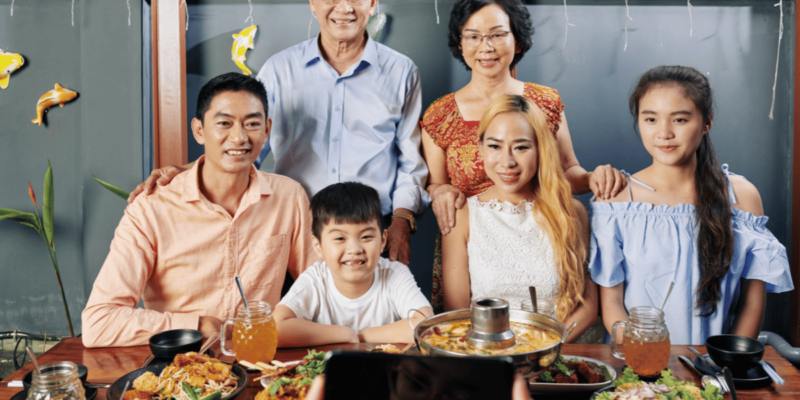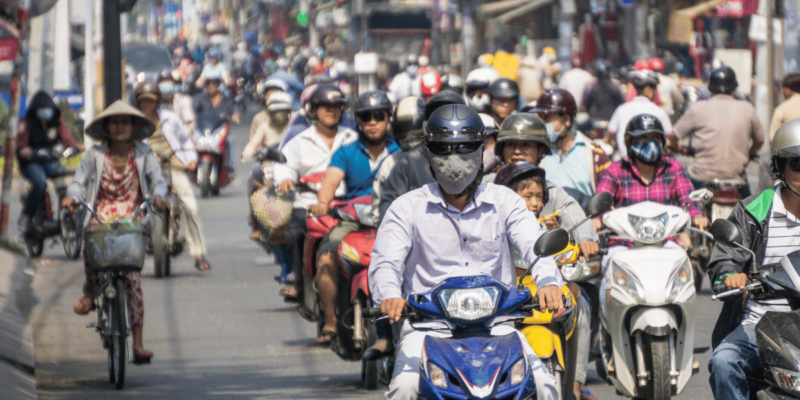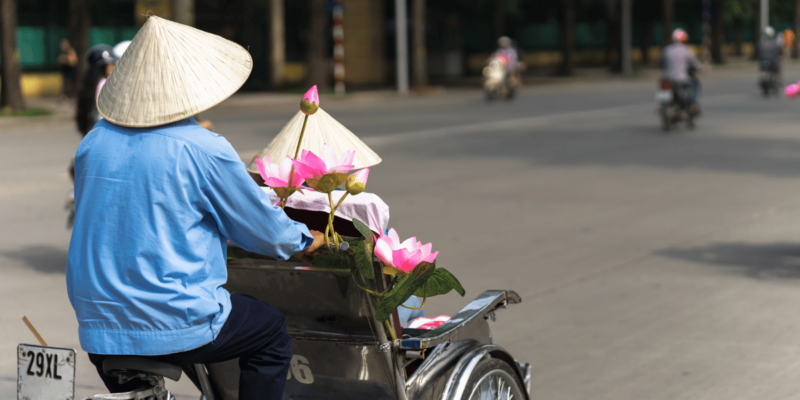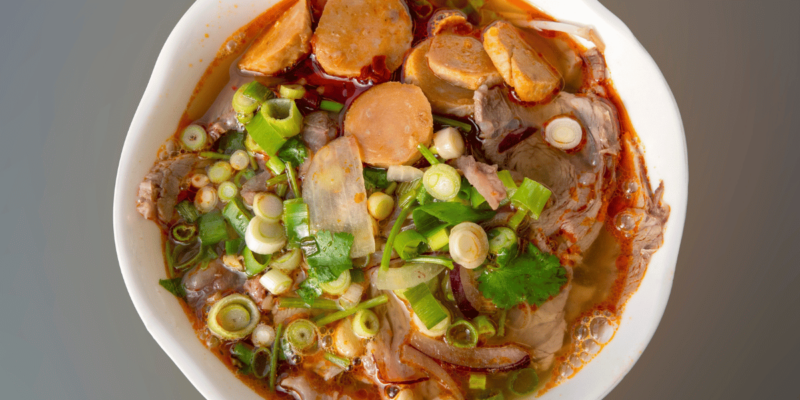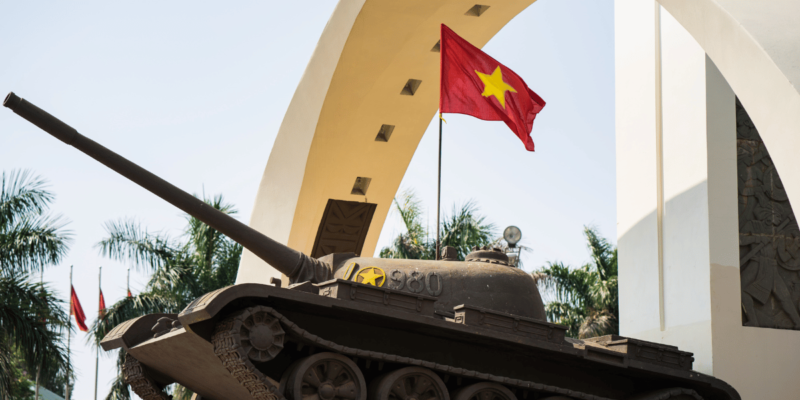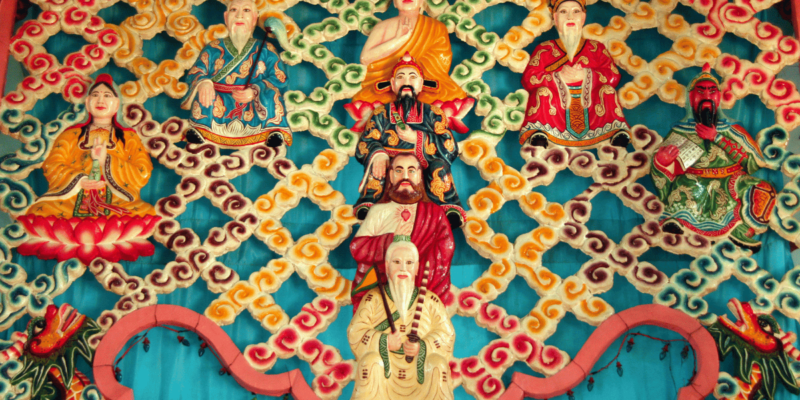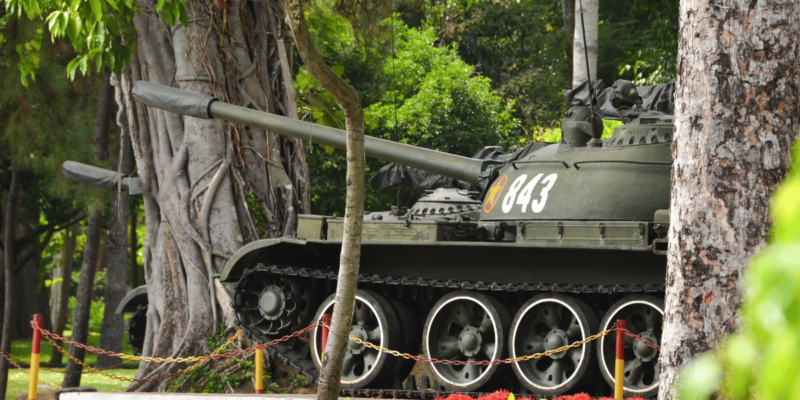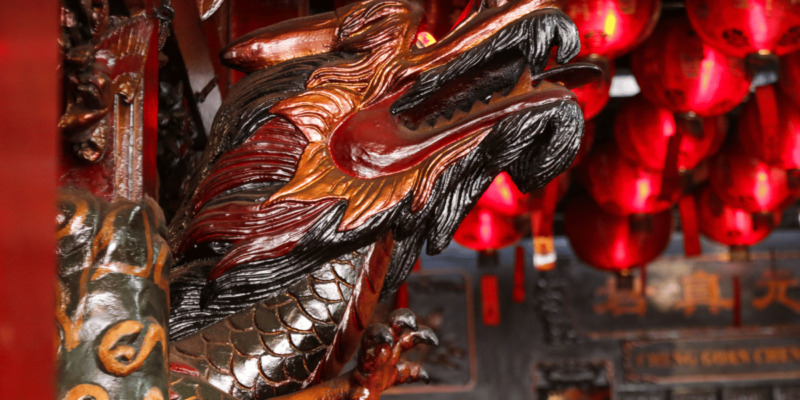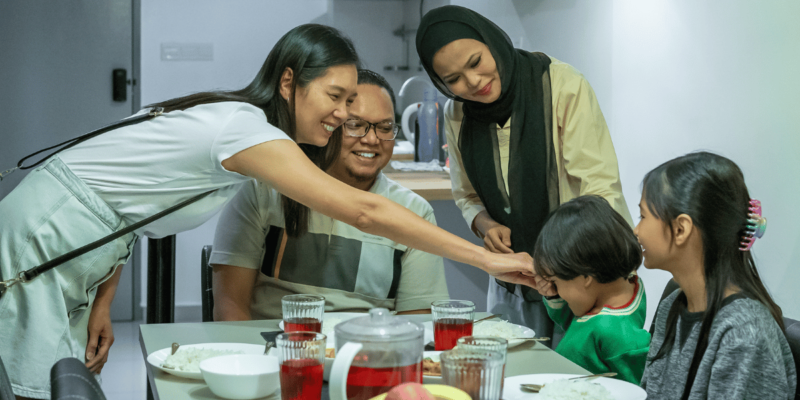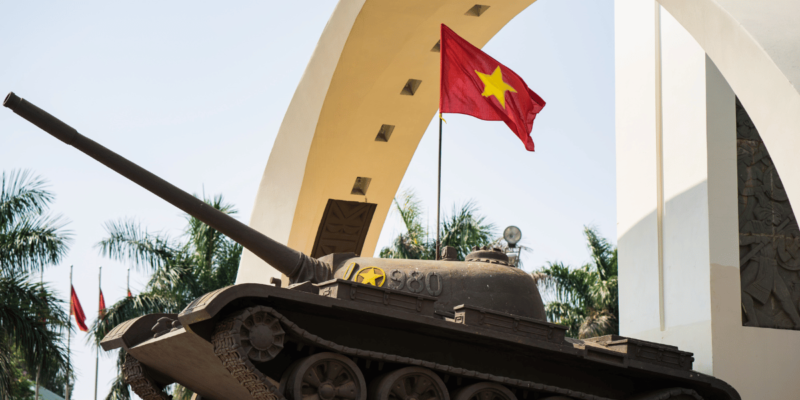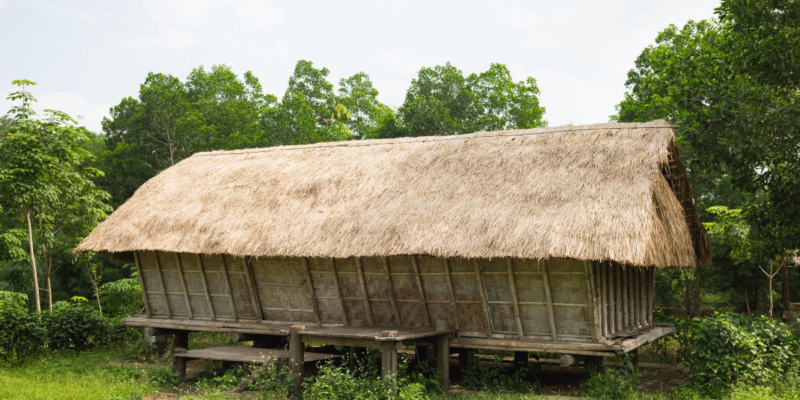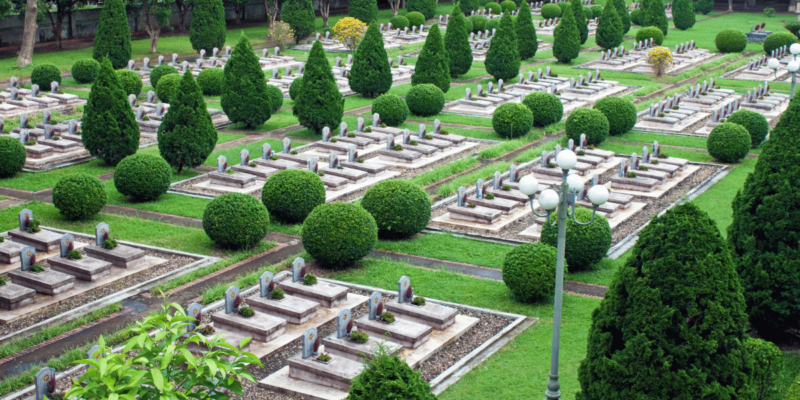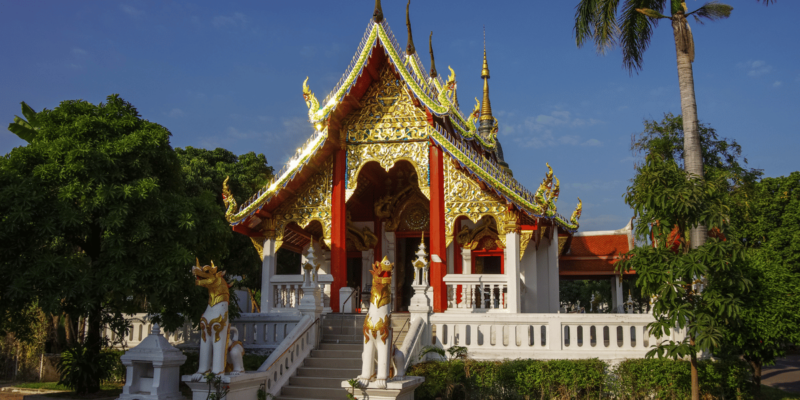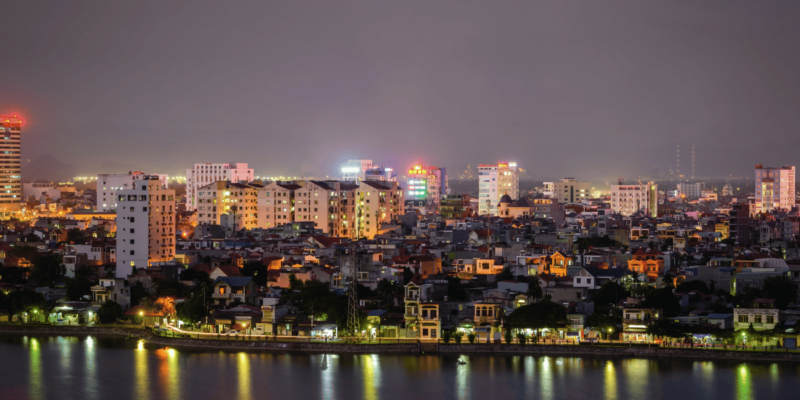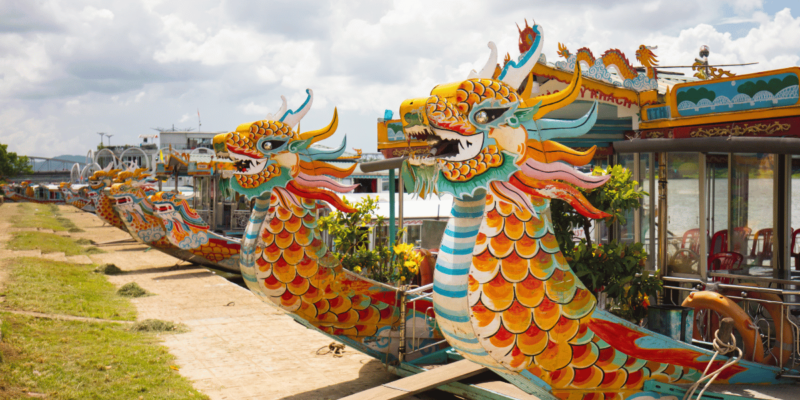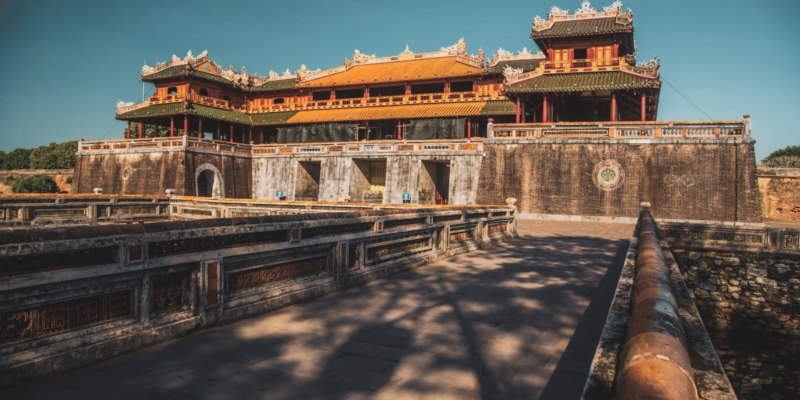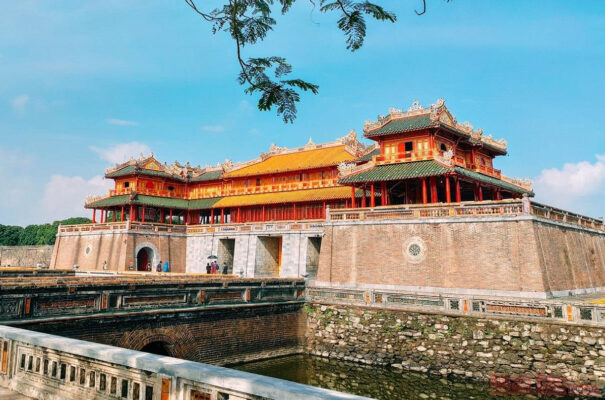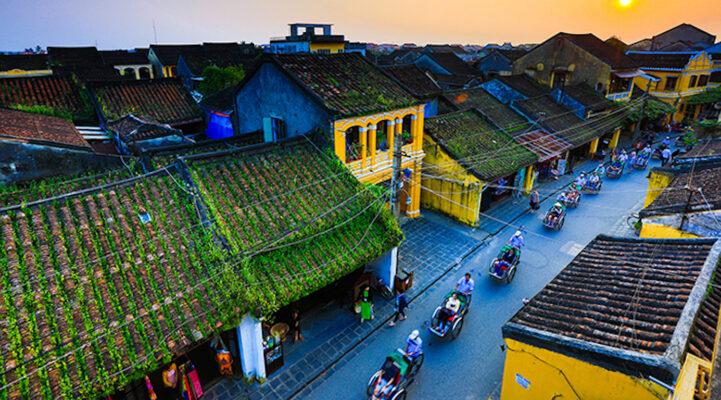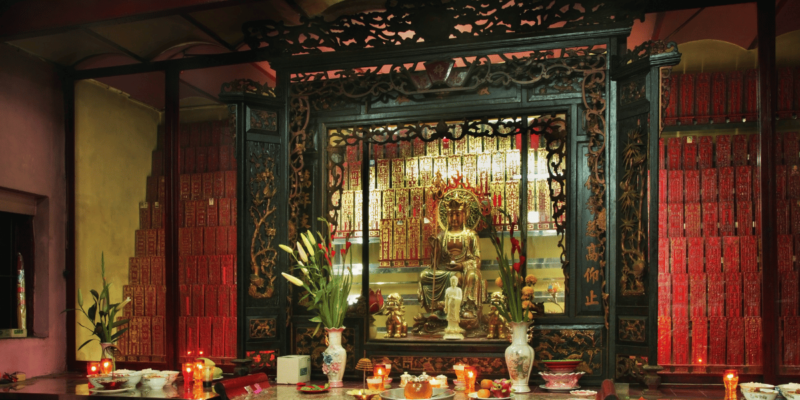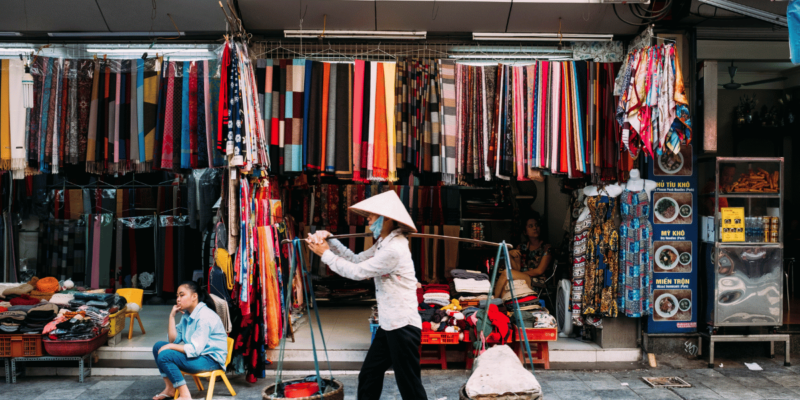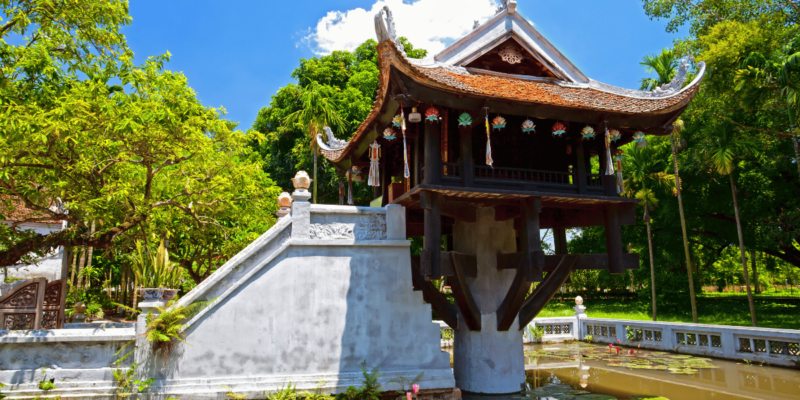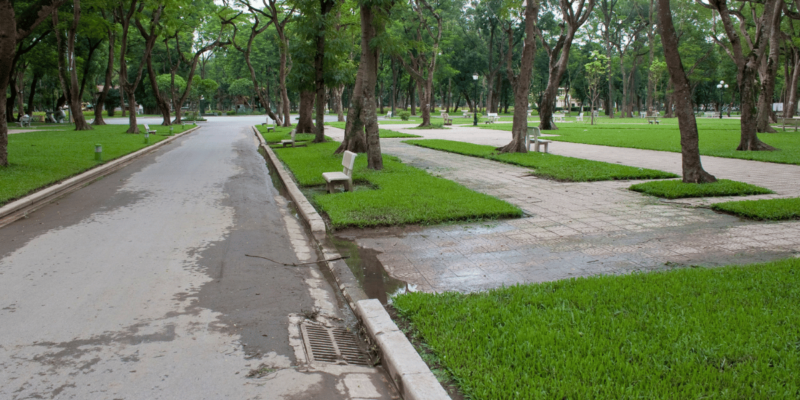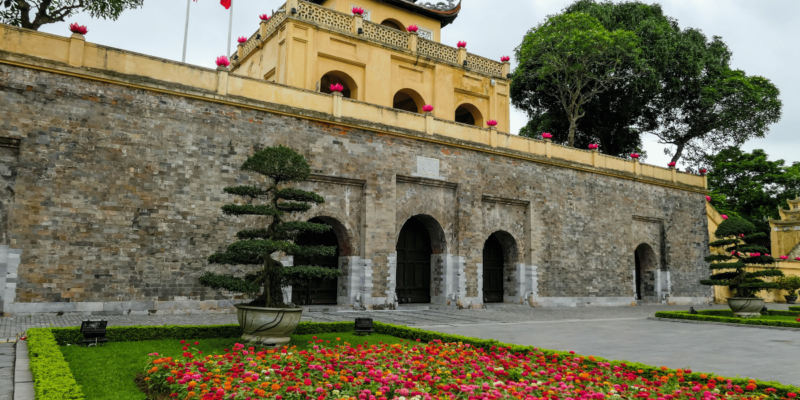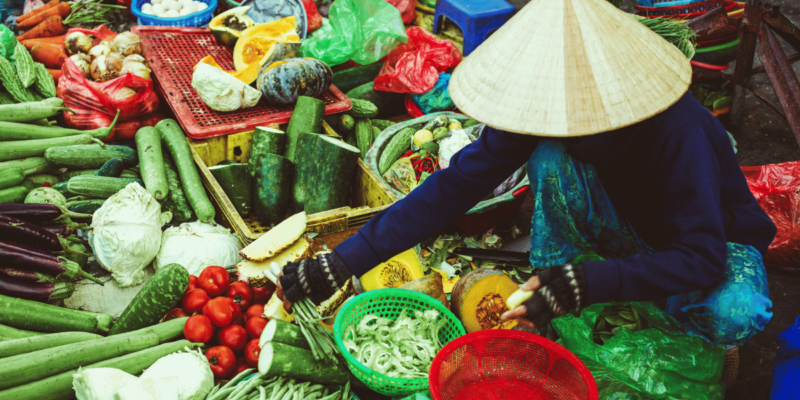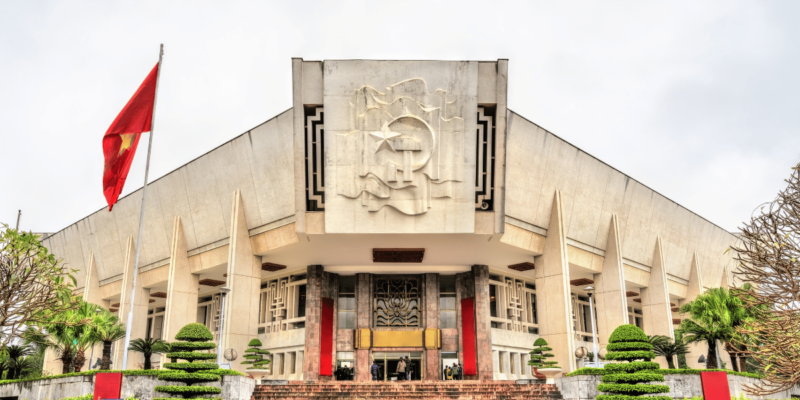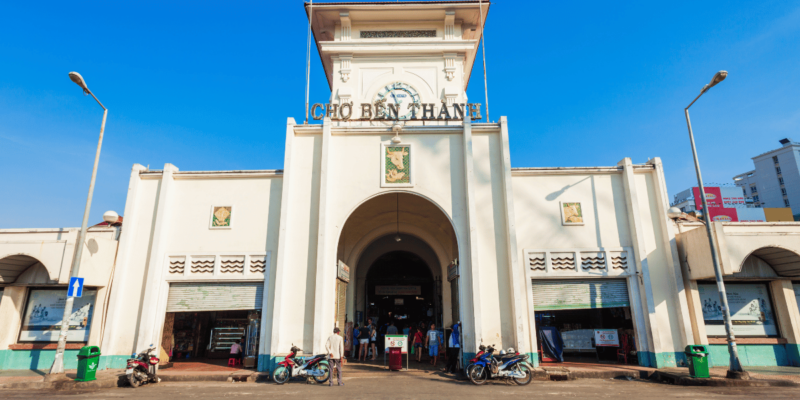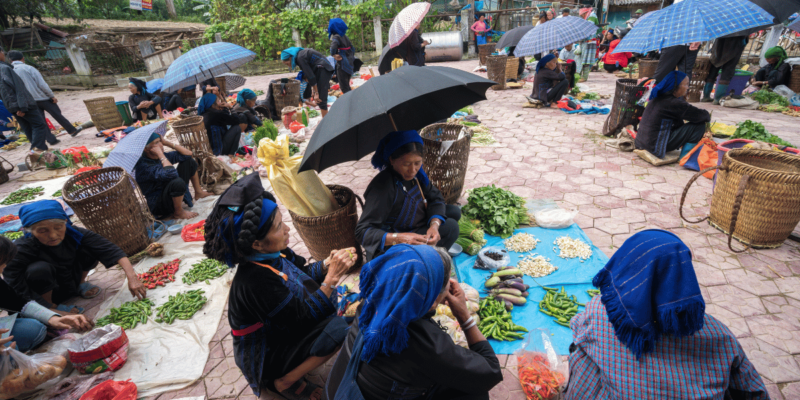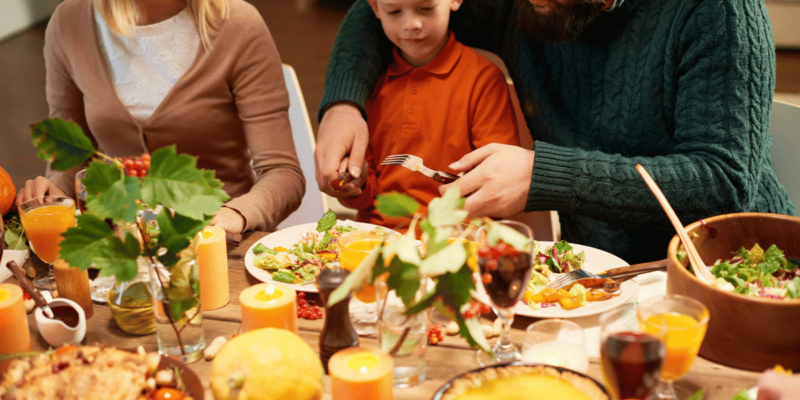Vietnamese Family Values
In Vietnamese culture, family is the cornerstone of society. The importance of family values is deeply ingrained in every aspect of life, from daily routines to major life decisions. Vietnamese family values are a blend of traditional beliefs and modern influences, creating a unique cultural fabric that shapes the nation’s identity. This article explores the historical roots, core values, family structure, marriage customs, parenting styles, and the impact of modernisation on Vietnamese family values.
Historical Context
Vietnamese family values have been shaped significantly by historical events and philosophical influences, particularly Confucianism. Introduced during the Chinese domination, Confucian principles emphasize the importance of hierarchy, respect, and duty within the family. Over centuries, these principles have become deeply embedded in Vietnamese culture, influencing not only family dynamics but also social structures and national identity. Additionally, historical events such as colonisation, wars, and economic reforms have impacted family values, blending traditional practices with new societal norms.
Core Family Values
In Vietnamese culture, core family values are deeply rooted in traditions and influenced by Confucian principles, which emphasize respect, filial piety, collectivism, and well-defined gender roles.
Respect for Elders
Respect for elders is a fundamental value in Vietnamese culture, where younger members are taught to honour and care for their elderly relatives. This respect manifests in daily practices and special occasions, such as the Tết holiday, where families gather to pay homage to their ancestors.
Filial Piety
Filial piety, or the duty of children to their parents, is another crucial aspect of Vietnamese family values. This reflects a lifelong commitment to their wellbeing and happiness. Examples include children living with their parents even after marriage and prioritising parental wishes in major life decisions.
Collectivism
Collectivism underscores the importance of the family unit over individual desires, fostering a sense of loyalty and mutual support. Decision-making often involves the entire family, highlighting the collective over the individual. This value promotes strong family bonds and a support system that benefits all members.
Gender Roles
Traditionally, Vietnamese culture assigns specific roles to men and women, with men as breadwinners and women as caretakers. However, these roles are gradually evolving with societal changes. Today, many Vietnamese families are embracing more egalitarian views, allowing for shared responsibilities and opportunities for both men and women.
These core values not only shape family dynamics but also strengthen the cultural fabric of Vietnamese society, demonstrating the enduring influence of traditional beliefs even amidst modernisation.
Family Structure
The structure of a typical Vietnamese family often includes multiple generations living under one roof. This extended family setup fosters close-knit relationships and collective responsibility. Grandparents, parents, and children each have distinct roles within the family hierarchy. Grandparents are revered as the family’s wise elders, parents act as the primary decision-makers and caregivers, and children are nurtured to respect and uphold family traditions. This hierarchical structure ensures that values and traditions are passed down through generations, maintaining cultural continuity.
Marriage and Relationships
Marriage customs in Vietnam are steeped in tradition, reflecting the cultural emphasis on family and community. Traditionally, marriages were often arranged by families to ensure social compatibility and stability. The wedding ceremony is a significant event, filled with rituals that honour both families. However, contemporary views on marriage and relationships are changing. Love marriages and dating are becoming more common, especially among younger generations. Despite these changes, the importance of family approval and support remains strong in Vietnamese marriages.
Parenting and Education
Vietnamese parenting styles are characterized by high expectations and a strong emphasis on education. Parents play a pivotal role in their children’s lives, guiding them with a combination of discipline and support. Academic achievement is highly valued, with parents often making significant sacrifices to ensure their children receive a good education. This dedication to education is seen as a way to secure a better future and uphold family honour. Support systems within the family, such as help with homework and moral guidance, are crucial in nurturing children’s success.
Modern Influences and Changes
Modernisation and globalisation are bringing significant changes to Vietnamese family values. Urbanisation and economic development are altering traditional family structures, with more nuclear families emerging. The influence of Western culture and media is also introducing new perspectives on individualism and gender equality. Younger generations are increasingly balancing traditional values with modern lifestyles, leading to shifts in family dynamics. While these changes are reshaping family values, the core principles of respect, filial piety, and collectivism continue to endure.
Conclusion
Vietnamese family values are a blend of timeless traditions and contemporary influences. Respect for elders, filial piety, collectivism, and evolving gender roles are central to the family dynamics in Vietnam. Despite the rapid pace of modernisation, these values remain deeply embedded in the cultural fabric, guiding the lives and decisions of Vietnamese families. As Vietnam continues to grow and change, the balance between tradition and modernity will shape the future of its family values, ensuring they remain relevant and meaningful for generations to come.
References
- Academic articles on Vietnamese culture and family values.
- Books on Confucianism and its influence on East Asian societies.
- Reliable online sources discussing contemporary changes in Vietnamese family structures and values.

